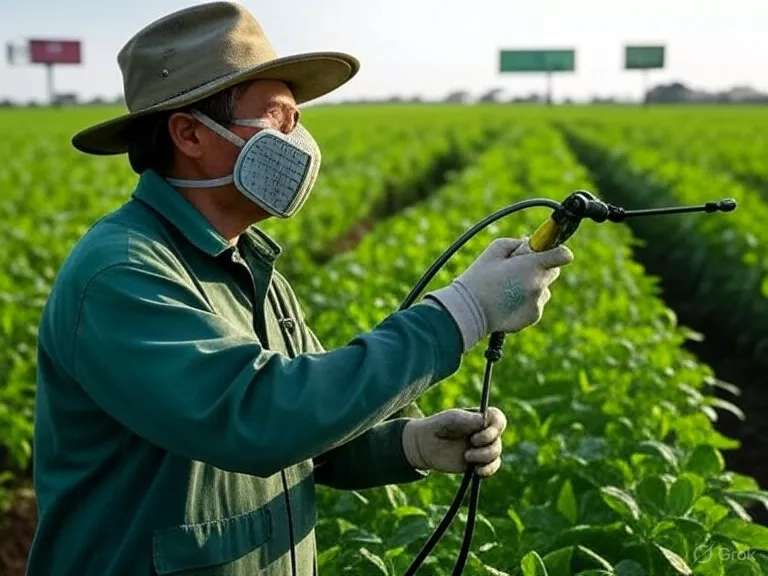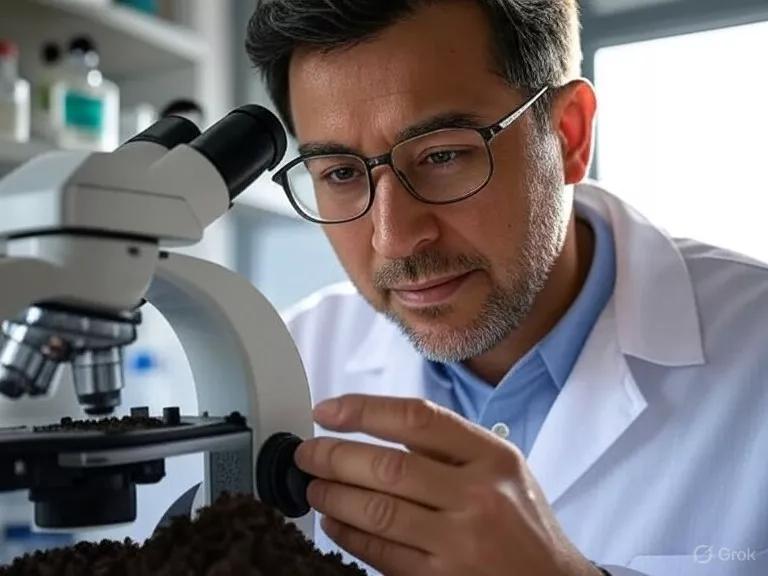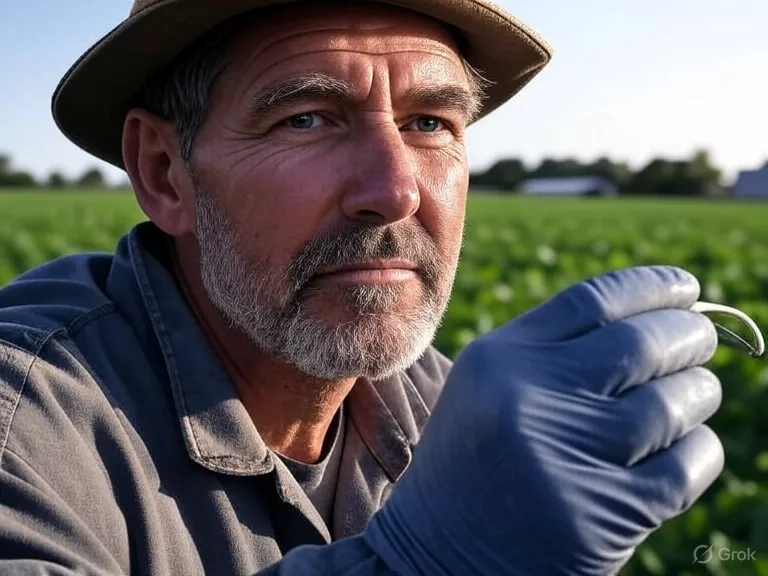
Pest and weed management is a critical aspect of modern agriculture, impacting crop yield and quality. Agrochemicals, including pesticides and herbicides, play a pivotal role in ensuring that crops remain healthy and productive. This article explores the various aspects of using agrochemicals for efficient pest and weed control.
Understanding Agrochemicals

Agrochemicals refer to chemical products used in agriculture to manage pests, diseases, and weeds. These include:
- Pesticides: Chemicals designed to kill or deter pests that can damage crops.
- Herbicides: Chemicals that target and kill unwanted plants, or weeds.
- Fungicides: Used to control fungal problems in crops.
- Insecticides: Target specific insect pests.
Benefits of Using Agrochemicals

Agrochemicals offer numerous advantages for farmers and agricultural producers:
- Increased Crop Yields: By effectively managing pests and weeds, agrochemicals help to maximize crop production.
- Cost-Effectiveness: Preventing crop loss through the use of agrochemicals can significantly reduce economic losses for farmers.
- Time Efficiency: Many agrochemical applications are designed for quick action, allowing farmers to manage infestations promptly.
- Improved Food Quality: Healthy crops lead to better quality produce, which is important for market acceptance.
Challenges and Considerations

While agrochemicals are beneficial, there are challenges and considerations that must be taken into account:
- Environmental Impact: The use of agrochemicals can lead to soil and water contamination if not managed properly.
- Resistance Development: Pests and weeds can develop resistance to certain agrochemicals, leading to decreased effectiveness.
- Regulatory Compliance: Farmers must adhere to local and international regulations regarding the use of agrochemicals.
- Safety Concerns: Proper handling and application are crucial to ensure the safety of farm workers and consumers.
Best Practices for Agrochemical Use

To achieve effective pest and weed control while minimizing risks, farmers should follow these best practices:
- Integrated Pest Management (IPM): Combine the use of agrochemicals with biological and cultural control methods for sustainable pest management.
- Choose the Right Product: Select agrochemicals that are specifically effective against targeted pests and weeds.
- Follow Application Guidelines: Adhere to manufacturer instructions regarding dosage, timing, and method of application.
- Monitor Crop Health: Regularly inspect crops for signs of pest or weed problems to take timely action.
- Educate Yourself: Stay informed about new agrochemical developments and best practices through ongoing education and training.
Conclusion

Agrochemicals are essential tools in modern agriculture for achieving efficient pest and weed control. When used responsibly and in conjunction with sustainable practices, they can significantly enhance crop productivity and quality. By understanding the benefits and challenges associated with agrochemical use, farmers can make informed decisions that contribute to both agricultural success and environmental stewardship.